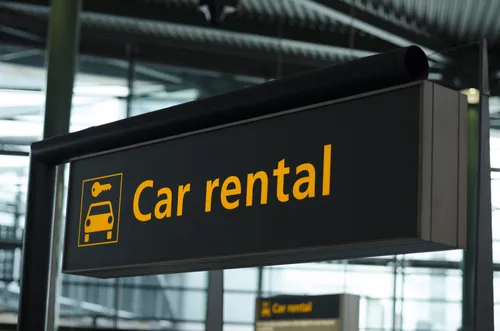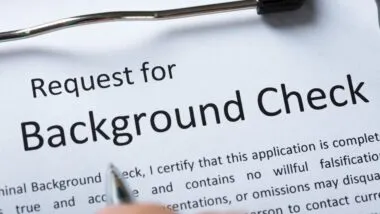 A British car renter claims Alamo and Enterprise failed to provide him the additional insurance coverage he paid for.
A British car renter claims Alamo and Enterprise failed to provide him the additional insurance coverage he paid for.
Plaintiff John Ball alleges defendants Alamo and Enterprise falsely promise international customers renting within the U.S. that their rental contract includes an excess liability policy issued by a licensed insurance company.
However, he claims the two companies pocket the premiums that he and other international travelers pay, with no intention of providing the purchased coverage.
Defendants Alamo Rent A Car LLC and Enterprise Leasing Company of Orlando LLC are both affiliates of defendant Enterprise Holdings Inc.
Ball, a British citizen, says Alamo and Enterprise fail to provide non-U.S. renters with the excess insurance coverage they pay for when they rent a car. Rental contracts from both companies purport to provide a policy from a third-party insurance company, according to Ball. But both Alamo and Enterprise fail to provide that policy for international renters who rent in the U.S., Ball claims.
Renters who are U.S. citizens don’t get the same treatment, the lawsuit states. Alamo and Enterprise allegedly provide U.S. renters with insurance coverage from a legitimate, licensed insurer, in accordance with the terms of their rental contract.
Ball further alleges that to whatever extent Alamo and Enterprise purport to offer insurance coverage themselves, they are in violation of state laws that make it a felony to sell insurance without proper state certification.
“Defendants are a car rental company and are not a licensed insurer,” Ball says. “Thus, they have no authority to do what they (falsely) claim to do, i.e. issue an insurance policy to Mr. Ball and the putative class.”
Ball alleges he rented Alamo vehicles in Florida on several occasions between 2012 and 2016. According to the rental agreement he was given, Alamo would provide him with a $1 million extended protection policy underwritten by Ace American Insurance Company.
Alamo never provided that insurance policy, Ball claims. If Alamo were to underwrite the policy itself, the company would be in violation of Florida insurance licensing laws, and the resulting contract would be void as a matter of law.
In his Alamo and Enterprise class action lawsuit, Ball raises claims for breach of contract and for violation of the Florida Deceptive and Unfair Trade Practices Act.
Ball is proposing to represent four plaintiff Classes. These Classes would respectively cover all persons who rented from either Alamo or Enterprise, either in Florida or anywhere in the U.S., whose rental contract included a legitimate excess insurance policy and who never received such a policy.
He seeks an award of compensatory damages, court costs, attorneys’ fees, and any other relief the court deems appropriate.
Ball is represented by attorneys Edmund A. Normand and Jacob L. Phillips of Normand PLLC and Christopher J. Lynch of Christopher J. Lynch PA.
The Alamo and Enterprise Fraudulent Insurance Contract Class Action Lawsuit is Ball v. Alamo Rent A Car LLC, et al., Case No. 6:17-cv-02106-GKS-GJK, in the U.S. District Court for the Middle District of Florida.
ATTORNEY ADVERTISING
Top Class Actions is a Proud Member of the American Bar Association
LEGAL INFORMATION IS NOT LEGAL ADVICE
Top Class Actions Legal Statement
©2008 – 2025 Top Class Actions® LLC
Various Trademarks held by their respective owners
This website is not intended for viewing or usage by European Union citizens.














